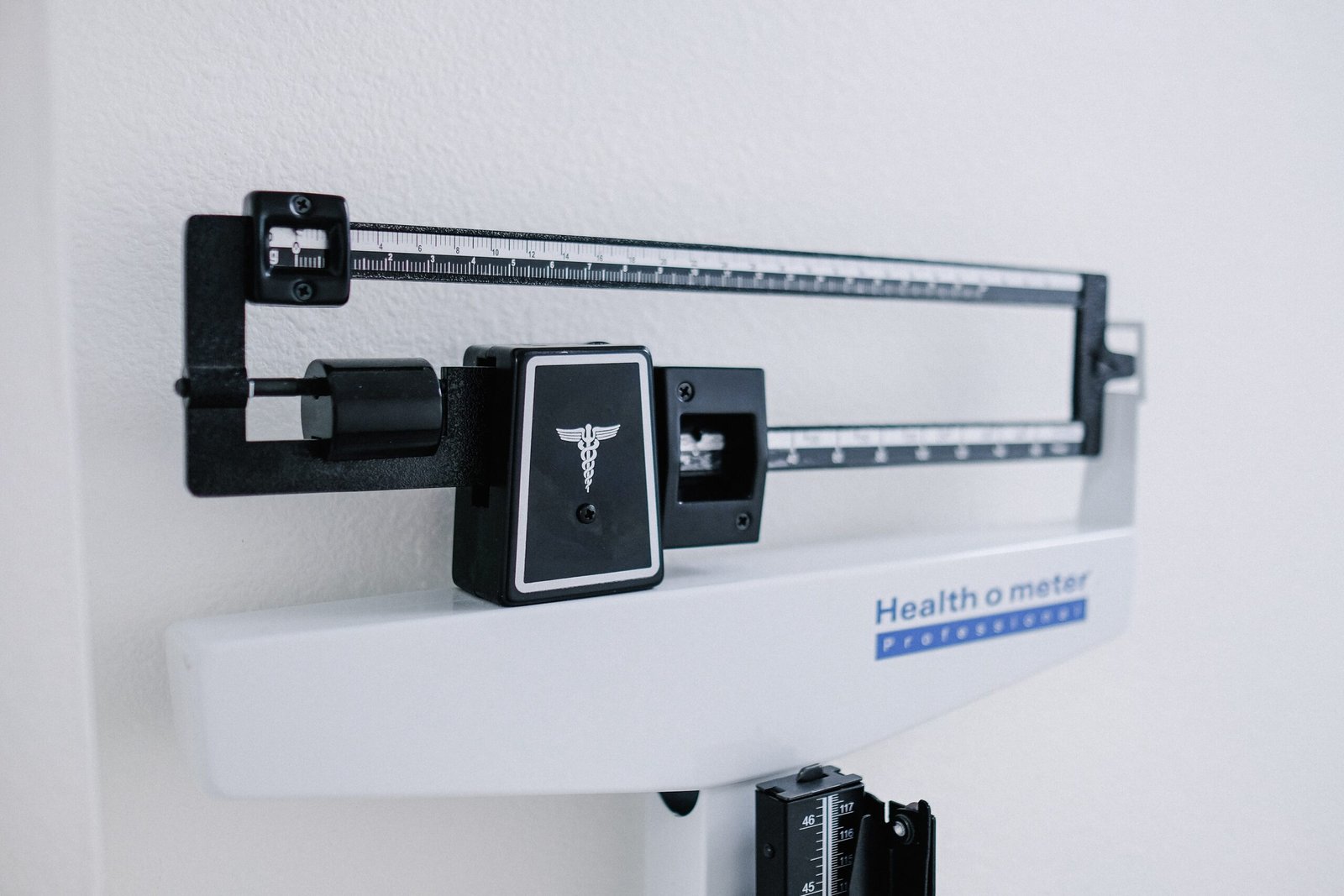Economic Impacts of Popular Diets: Exploring the Costs and Health Benefits of Keto, Vegan, and Paleo
December 18, 2023 | by fitsnackhub.com
Introduction
Popular diets have gained significant attention in recent years due to their purported health benefits. However, it is important to consider not only the impact on our well-being but also the economic implications of adopting these dietary practices. In this article, we will explore the economic impacts of three popular diets: Keto, Vegan, and Paleo, while also examining their respective health benefits.
Keto Diet
The Keto diet, short for ketogenic diet, is a low-carb, high-fat diet that has gained popularity for its potential to aid in weight loss and improve metabolic health. However, the economic impact of following a Keto diet can vary depending on individual choices and preferences.
One of the key components of the Keto diet is consuming high-quality fats and proteins, which can be more expensive than a typical carbohydrate-based diet. Grass-fed meats, organic produce, and specialty Keto products can contribute to higher grocery bills. Additionally, the need for supplements to maintain nutrient balance may add to the overall cost.
On the other hand, proponents of the Keto diet argue that the potential health benefits, such as weight loss and improved insulin sensitivity, can lead to long-term cost savings on healthcare expenses. Research suggests that the Keto diet may help reduce the risk of certain chronic diseases, including diabetes and heart disease.
Vegan Diet
The Vegan diet, which excludes all animal products, has gained popularity due to its ethical, environmental, and potential health benefits. From an economic perspective, the cost of following a Vegan diet can vary depending on food choices and availability of plant-based alternatives.
While plant-based foods, such as fruits, vegetables, grains, and legumes, can be affordable, specialty vegan products and organic options may be more expensive. Additionally, access to a wide variety of plant-based options may be limited in certain areas, which can impact the cost and availability of vegan alternatives.
However, research suggests that a well-planned Vegan diet can provide numerous health benefits, including reduced risk of heart disease, certain cancers, and type 2 diabetes. These potential health benefits may lead to long-term cost savings on healthcare expenses.
Paleo Diet
The Paleo diet, also known as the Caveman diet, emphasizes consuming foods that were available to our ancestors during the Paleolithic era. This includes lean meats, fish, fruits, vegetables, nuts, and seeds, while excluding grains, legumes, and processed foods. From an economic standpoint, the cost of following a Paleo diet can depend on various factors.
The emphasis on high-quality meats and organic produce can contribute to higher grocery bills. However, the elimination of processed foods and sugary beverages may result in cost savings. Additionally, the potential health benefits associated with the Paleo diet, such as improved blood sugar control and weight loss, may lead to long-term economic benefits.
Conclusion
When considering popular diets like Keto, Vegan, and Paleo, it is essential to evaluate not only their potential health benefits but also their economic impacts. While the cost of following these diets can vary based on individual choices, preferences, and availability, it is important to weigh the potential long-term health benefits and associated cost savings. Consulting with a healthcare professional or registered dietitian can help individuals make informed decisions regarding their dietary choices, taking both health and economic factors into account.
Ultimately, the economic impacts of popular diets can be influenced by various factors, and individuals should consider their own financial circumstances and health goals when deciding which dietary approach to adopt.
RELATED POSTS
View all




